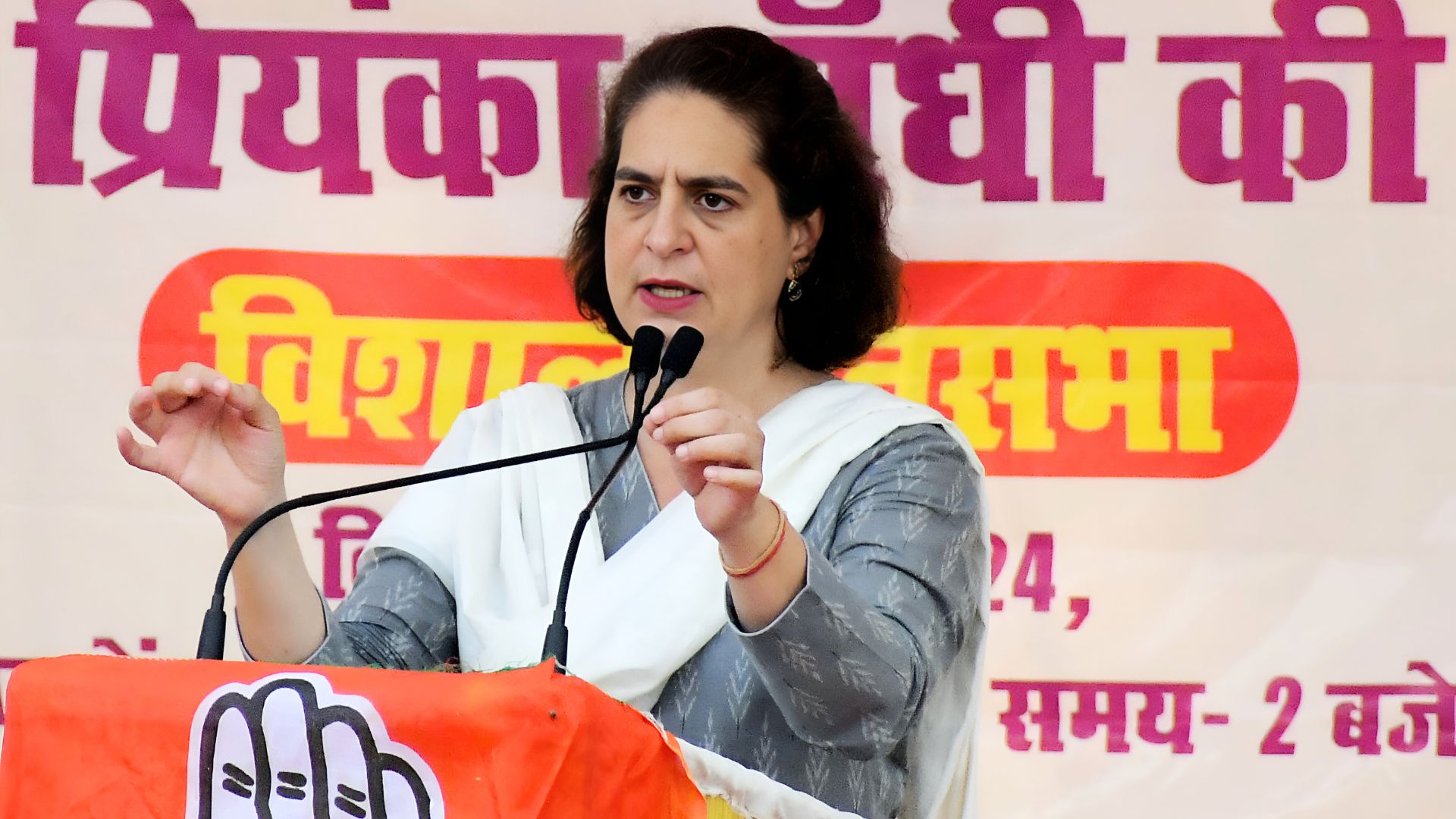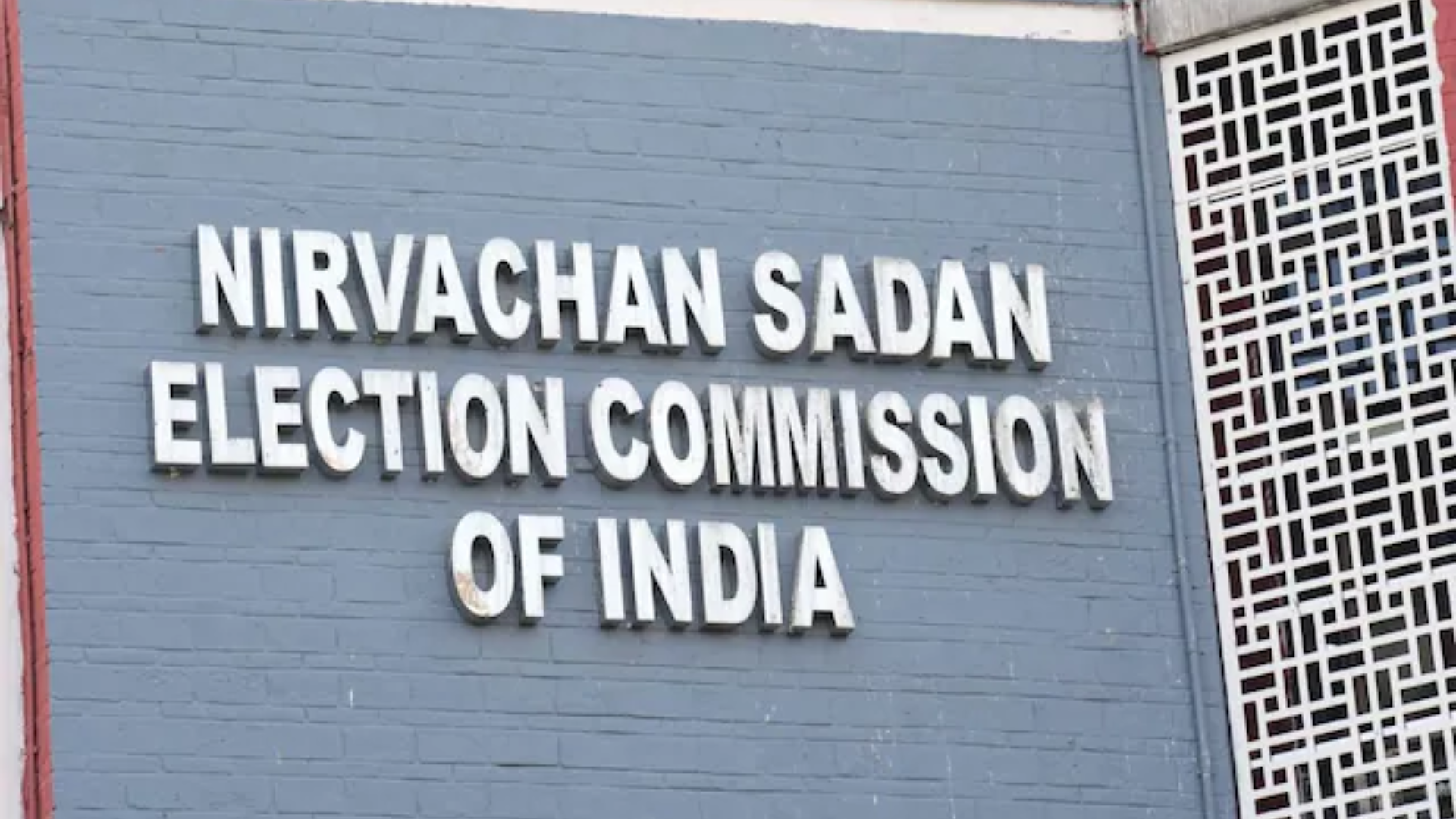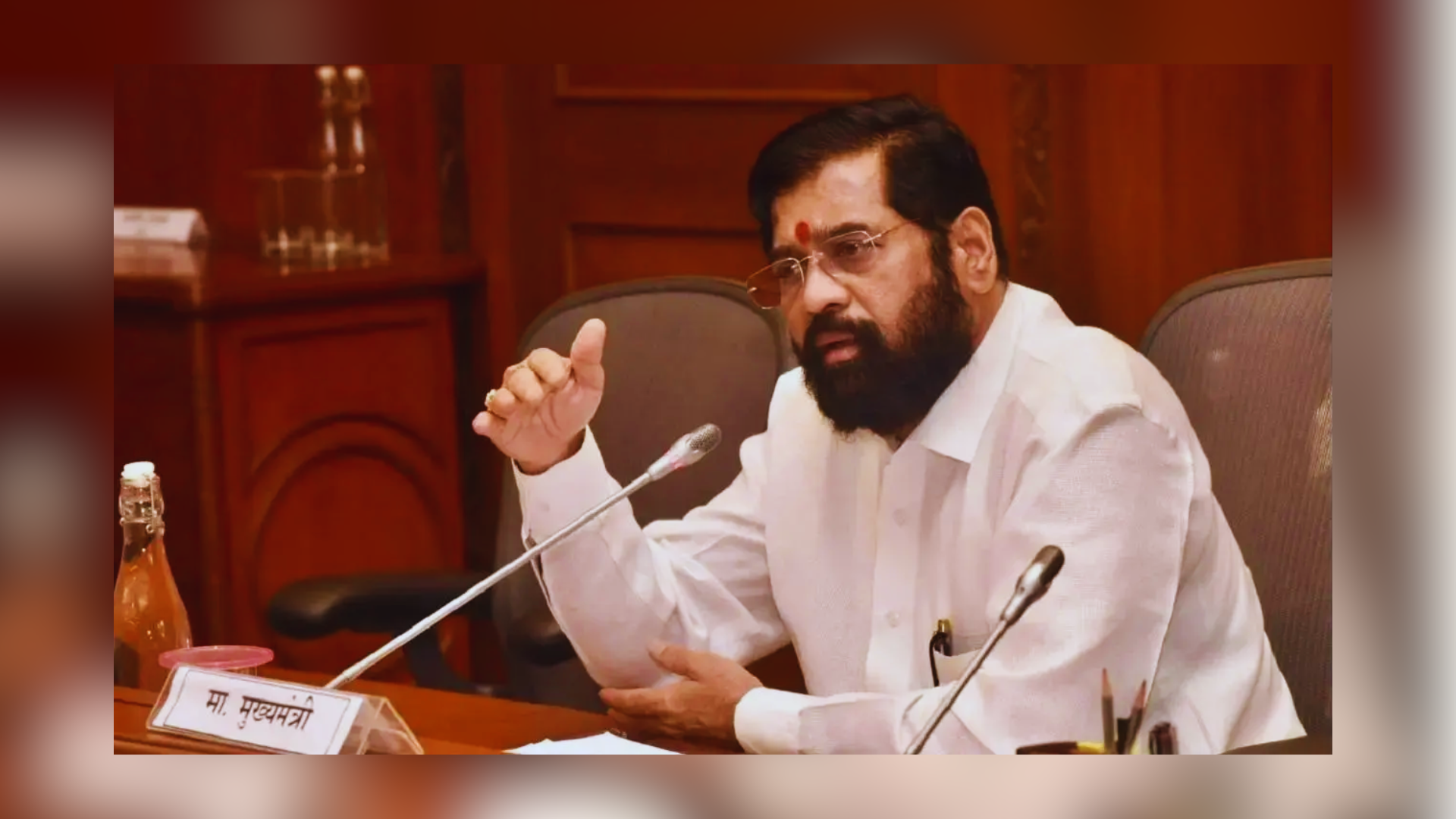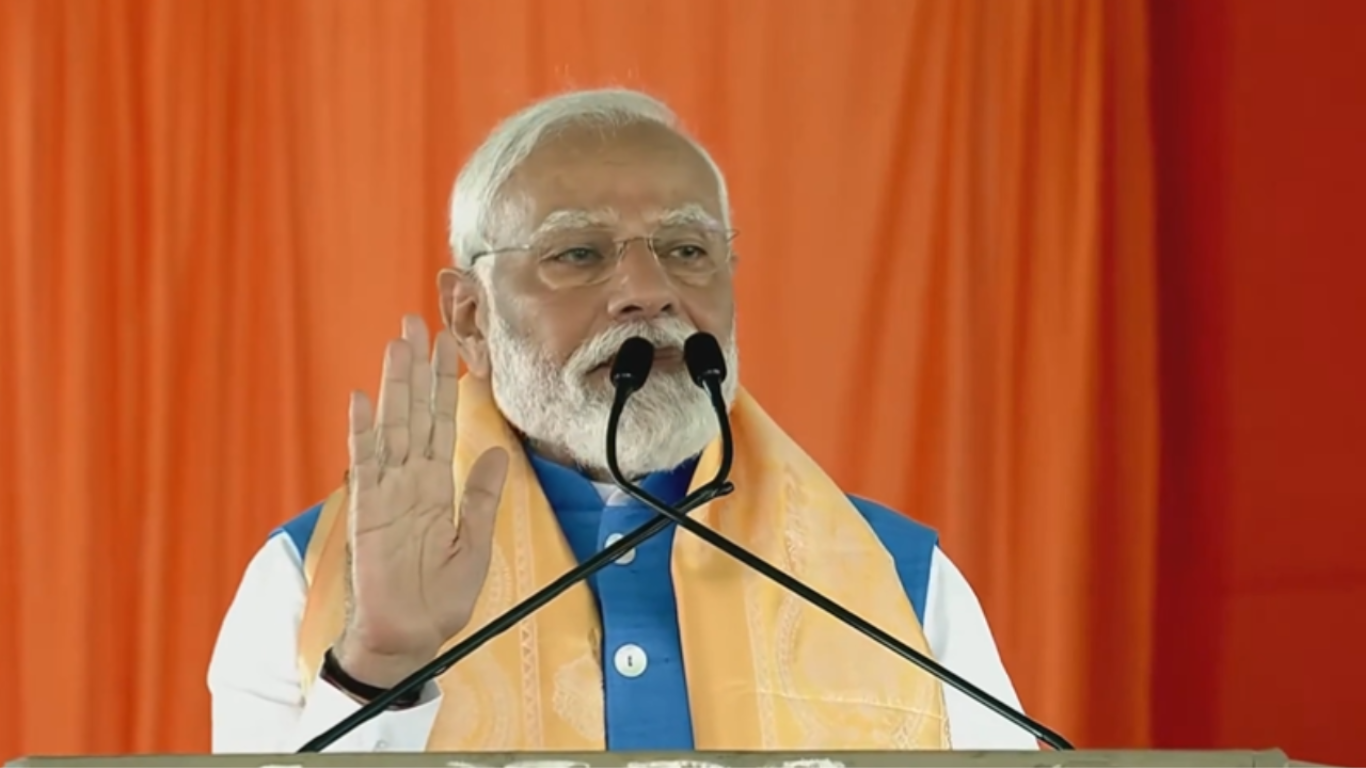










The Election Commission of India has published the complete electoral bond data submitted by the State Bank of India (SBI) in compliance with the Supreme Court’s orders. This newly released data includes alpha-numeric numbers crucial for matching bond purchasers with the political parties that encashed them, as well as bond numbers facilitating the identification of donors and their associated political parties.
In a statement issued on Thursday, the poll panel announced, “In compliance with the Supreme Court’s directions, SBI has provided data pertaining to electoral bonds to ECI today i.e., March 21, 2024. The ECI has uploaded it on its website as received from SBI on an ‘as is where is basis’.”
The comprehensive data comprises 552 pages detailing redemption by political parties and 386 pages disclosing details of donors. These records span from April 2019 to January 2024.
Details of redemption by political parties include serial numbers, dates of encashment, names of the political parties, last four digits of the account numbers, prefixes, bond numbers, denominations, pay branch codes, and pay tellers.
The State Bank of India was the sole authorized institution for selling and redeeming electoral bonds, first issued in March 2018. However, these bonds were recently declared null and void by the Supreme Court.
Earlier this week, the Supreme Court directed SBI to disclose all electoral bond details, including unique identification codes, by March 21. Subsequently, it instructed the Election Commission to publish the details upon receipt from SBI.
In an affidavit submitted to the Supreme Court, the SBI chairman clarified that the “prefix and the bond number is in fact the alphanumeric number.”
The release of this electoral bond data marks a significant step towards transparency in political funding, allowing for greater scrutiny and accountability in the electoral process.









